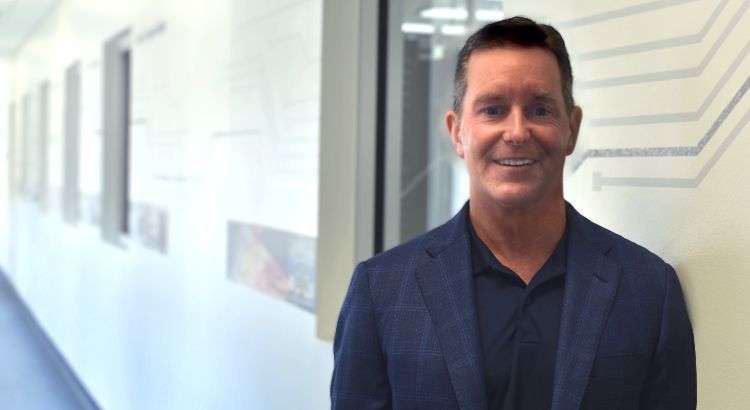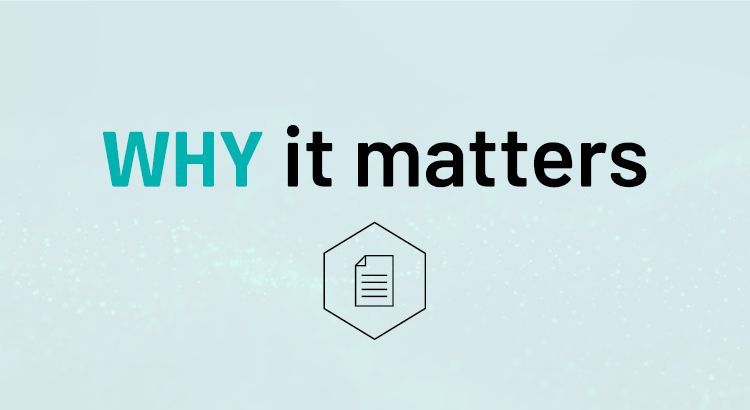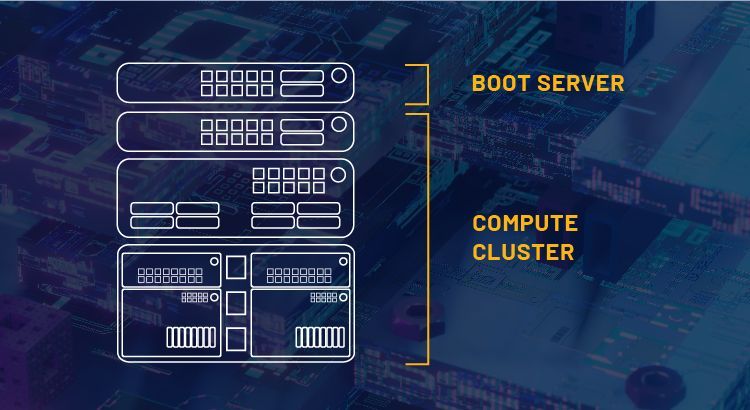
Empowering female leadership: A conversation with Mercury’s CMO, Stephanie Georges, and SVP Dr. Amela Wilson about resilience and authenticity
Mercury Systems
March 18, 2021
For 42 years, the Simmons Leadership Conference has engaged, impacted and inspired over 100,000 leaders from around the globe as the preeminent women’s leadership forum. This year, the conference will be exploring resilience and authenticity and bringing to life the best understanding of these concepts. Mercury is proud to be a gold sponsor of the 2021 Simmons Leadership Conference and hopes it sparks a larger conversation about empowering the female leader, as it did for us.
Inspired by this theme, two of Mercury’s female leaders, CMO, Stephanie Georges, and SVP Dr. Amela Wilson, share their personal insights and experiences as they work to cultivate hope, build confidence and raise optimism for other women in business.
Stephanie Georges, Chief Marketing Officer
Q. The theme of the conference is “authenticity and resilience.” Why do you think this conference has tied these two ideas together?
There has been a dramatic shift in the way we work. And I, for one, don’t believe we will go back to the way it was, even as we return to the office. We now live in a world where connection has been redefined, Zoom is a verb, and video is ubiquitous. This change has required us to be more authentic. You may dress up (at least from the waist up) to go to work when you are working from home, but the dog will bark, your toddler will walk in, your cat will sit on your keypad, the UPS woman will ring the doorbell. Even the background on your screen can be a window you never shared in your curated office at work.
But I think the increased transparency – the requirement of authenticity – is forcing us to practice resilience. This has been a year of change and we have had to adjust accordingly. Resilience requires both self-awareness and an awareness of those you work with. And it means learning or exercising humility while engendering optimism for what lies ahead.
Q. So how do you create that environment where people feel safe psychologically, emotionally to be their authentic selves and bring their perspectives to the table?
Video if possible. In our current work environment, when at all possible I try to have video calls or meetings rather than communicating via email. This way I can see the person, have a more fluid dialogue and assure them I am engaged and listening carefully.
Don’t interrupt. I make a conscious effort to not interrupt or finish a team member’s thought. And, once they are done speaking, I wait a few seconds more and offer the silence.
Embrace diversity of thought. I recognize that our diversity of ideas leads to better outcomes, and I acknowledge, absorb and incorporate the team’s feedback into our work as best I can.
Q. Do you believe the need for authentic and resilient leadership has grown in importance? Or has it always been necessary?
I do believe it has always been necessary. However, it is hard to ignore the impact of the unprecedented times in which we live. There is racial divide, economic divide, political divide –all accelerating a trend toward a lack of trust in institutions and leaders. According to the 2021 Annual Edelman Trust Barometer, employers are now seen as a mainstay of trust, accentuating the need for more authentic leadership. And I think the last year has heightened any resilience we already needed to survive in the business world, not just for women.
I am not sure that years ago authenticity was so highly desired; but these days, it is what singles us out. Reflecting on when I was a younger woman in business, fitting in was more important, where now I think personal authenticity has become a hallmark of leadership. It’s a balance for sure.
Q. What advice do you have for emerging female leaders to gain the respect of colleagues without compromising their authenticity in any way?
I think there are a few ways: Compliment a job well done—it could make all the difference; resist the temptation to always say I’m sorry or apologize—reserve it for when you really are; lean on a mentor, ideally a woman, who you can trust and vent to; and stand up for yourself.
And, perhaps most importantly, I would say to understand that no permission is necessary for you to achieve what you want and be respected at the same time. I’m reminded of what Serena Williams said, “The world tells you to wait. That waiting is polite, and good things will just come. But if I waited to be invited in, I never would have stood out. If I waited for change to happen, I never would have made a difference.”
Dr. Amela Wilson, Senior Vice President, Mission
Q: You’re a female leader in not only STEM but also the defense industry, a double whammy of male-dominated fields. Was there an awareness on your part at the beginning of your career that you were going to face more challenges than your male counterparts? If so, how did you steel yourself for that and continue to advance your career?
When I first embarked on a career in technology, I knew I would have to overcome many challenges being a woman in a male-dominated field and male-dominated industry. One of the first steps I took to prepare for this was to find and build a support network with people whom I trusted and relied on for career advice and would act as a sounding board for challenges that I was facing. Over the years, I realized this was true for many other women as well. Finding your support network is key to finding your success.
Q: Did you ever find yourself hesitant to speak up because you were the minority voice?
Yes, most definitely. When I first started out in this industry, I was hesitant to use my voice, but at the same time, I knew that MY voice was needed to help bring diverse talents together to work toward a common goal. I persevered to find the confidence I needed to succeed in a technical role, while also expanding my talents in other areas, including how to understand my customers to make a greater impact.
I remember one time, my team had an opportunity to demonstrate a patent, but my task leader wasn’t sure the solution was ready and was not on board with moving ahead with it. The problem was, if we didn’t take that opportunity, we wouldn’t have been able to get our solution tested and qualified. So, I went ahead and garnered support from the team and confided in my network, who encouraged me not to take no for an answer. I had complete confidence in our solution and our readiness to present it, as well as the confirmation from others who also supported moving forward. So, I did. We ended up getting our solution tested, and qualified, we scored exceptionally well and proved uniqueness of the approach that ultimately resulted in the patent.
Q: What advice do you have for the up-and-coming female leaders in STEM to help them find success and a sense of fulfillment?
First, find your support network you can rely on for advice, share ideas with, and help you to think critically and self-reflect. Also, don’t be too consumed with your career trajectory. Career growth shouldn't be measured with the level or the pay you may seek, but rather in finding the path that’s right for you, one where you are able to use your strengths to add value. Every route or re-route you take is its own learning experience—an opportunity to diversify your skillset, gain courage and learn something you would otherwise not know.
For example, earlier in my career I was a leader of programs, and I was offered an opportunity in business development and strategy. I wasn’t sure if it was a growth opportunity for me. It was a promotion, but at the same time it didn't seem aligned to my career trajectory. However, I took it and it ended up being the best thing that happened to me. I was able to grow the business, expand my network, advance my leadership skills, and learn from other great leaders. This helped me become a more well-rounded and influential leader who could successfully collaborate and guide cross functional teams of different reporting structures. This experience forced me to practice listening, collaboration and persuasion above all.
Second, as you evolve into a leadership role, you must think about your team as a whole. Take the time to mentor and encourage other women and help them grow, as well as the men on your team. But recognize that sometimes women are afraid to ask for help or to speak up and need that little bit of extra encouragement to help them along in their journey.
Finally, I would say to every woman, continue to push yourself, believe in yourself, and do not get discouraged with any challenges that come your way. By believing in ourselves and our abilities, working together with confidence in what we do, and offering each other support and hope, we can accomplish all we set out to achieve and more.







 Five things to ask before buying a server cluster for edge computing
Five things to ask before buying a server cluster for edge computing Mercury is helping close the gender gap by supporting women in STEM
Mercury is helping close the gender gap by supporting women in STEM